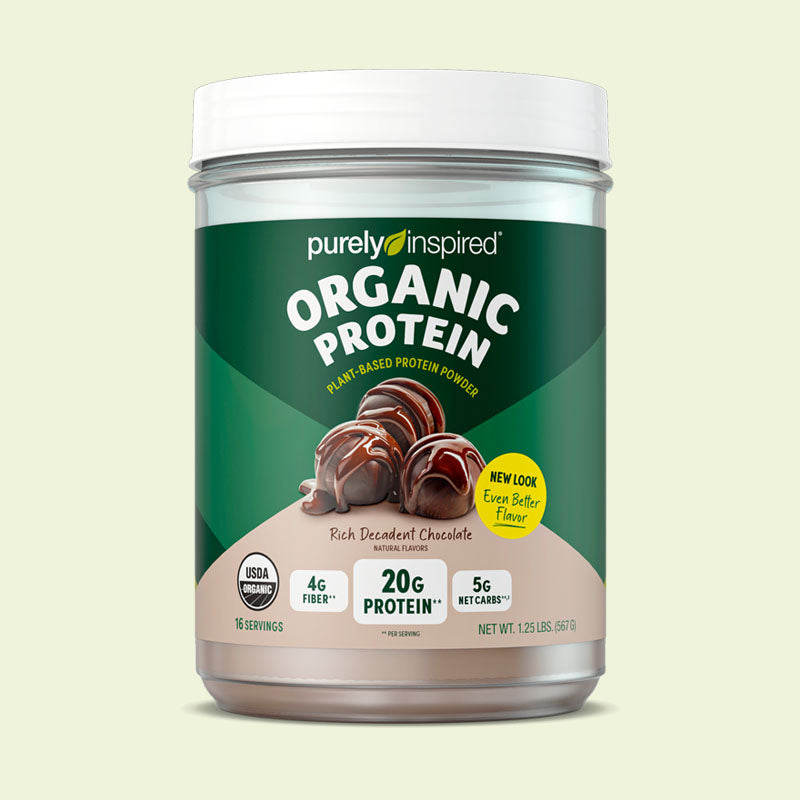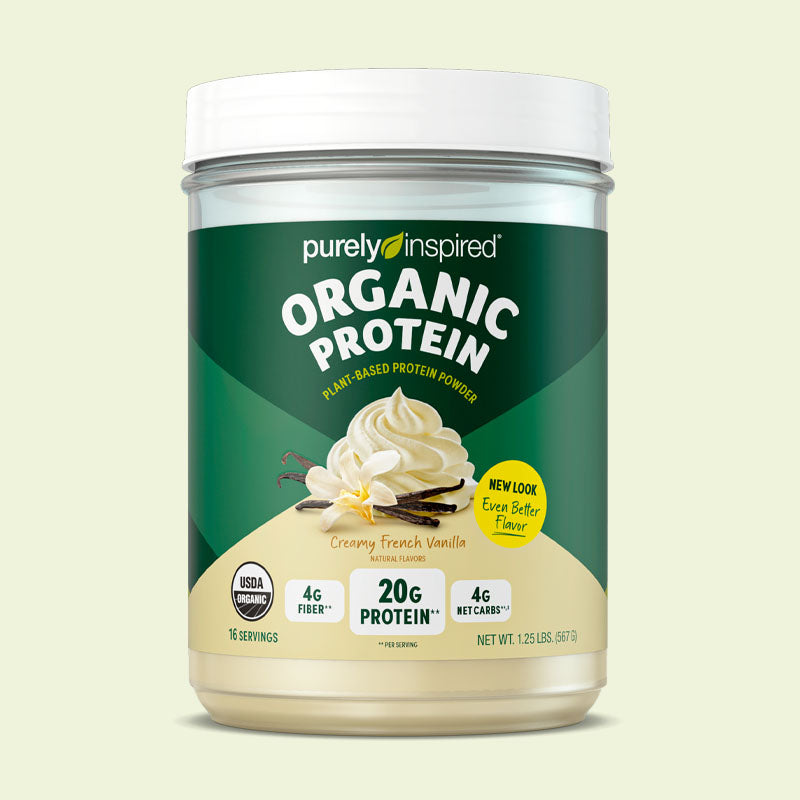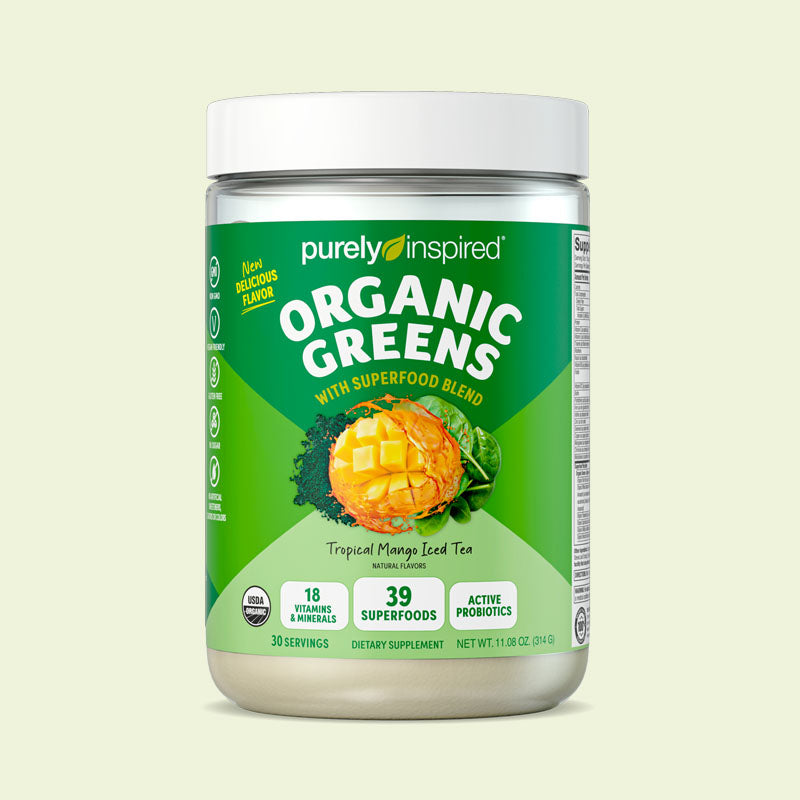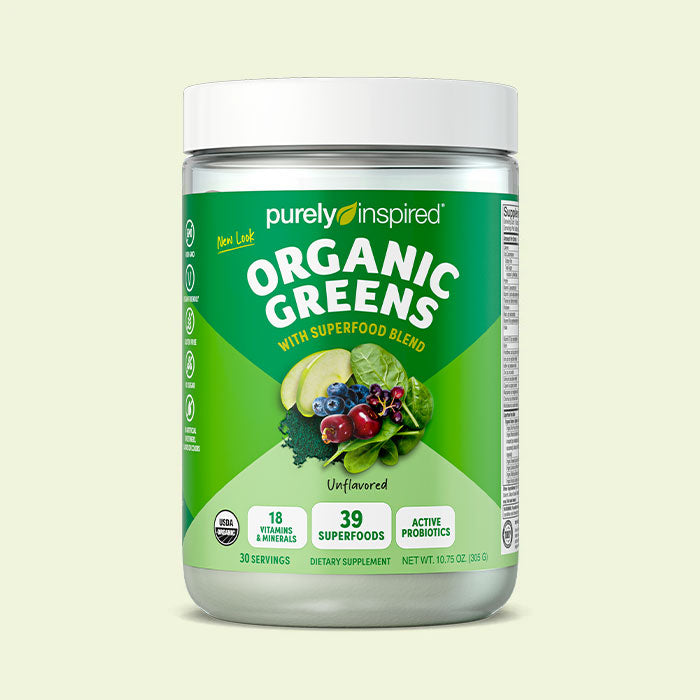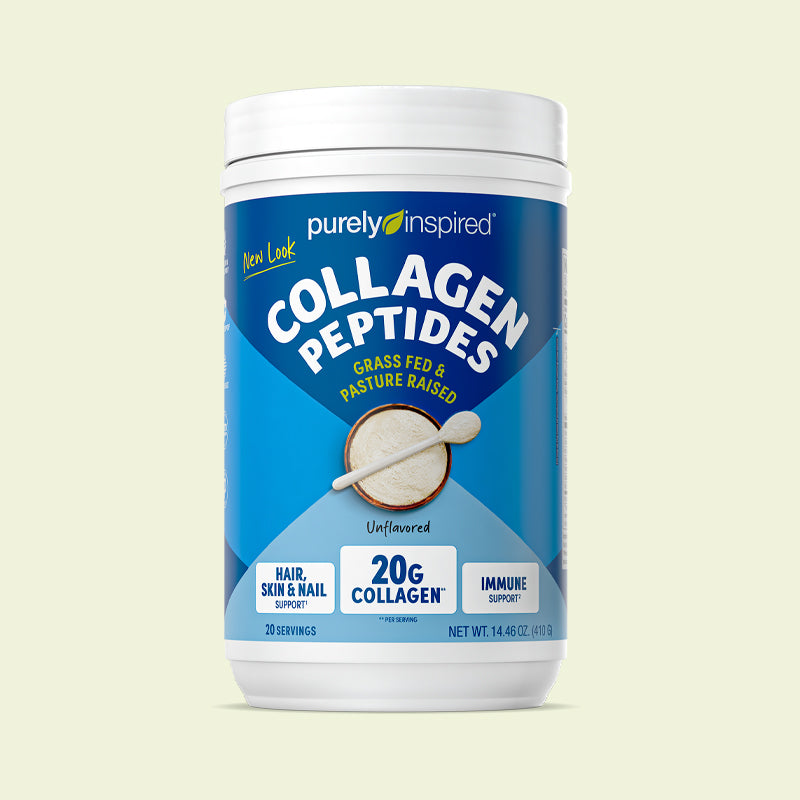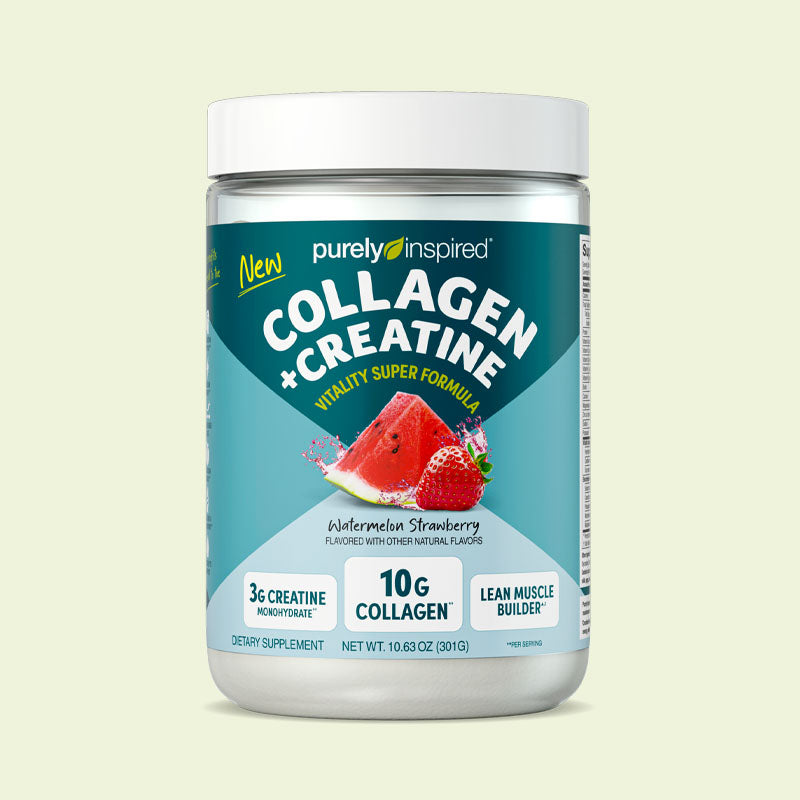However, in order to make sure that your exercise sessions remain a positive and beneficial activity, there are quite a few things to consider when exercising outdoors in the summer heat…
1. Let Your Body Get Used To The Heat
When you exercise in the summer, the hot weather adds stress to your body. Because of this, heat acclimatization is essential. This helps your body transition from cooler months to the summer heat.
For the first week or two, adapt to higher temperatures by shortening your normal workout routine. If you typically run for thirty minutes, cut back to twenty minutes and slow your pace, as well. This is not the time to try for a personal best.
As your body becomes acclimatized, you should notice an increase in sweat production. It may take up to ten workouts before you can up your time and intensity safely.
2. Use Sun Protection
Exercising outdoors increases exposure to UV rays. While the extra vitamin D is wonderful, you want to avoid sunburns as this lessens your skin’s ability to cool itself.
Before your summer workout, apply a broad-spectrum sunscreen with a minimum of 30 SPF. Reapply about every two hours.
While there is a wide array of sunscreen available, you may want to select one that is sweat resistant. Sweat can wash away your sun protection.
Furthermore, there are many sunscreens that contain benzene, which is a cancer-causing chemical. So, look for a sunscreen that doesn’t use it.
3. Avoid Exercising During The Hottest Times Of The Day
While the intense sun of midday may be great for sunbathing, it is not the ideal time for exercise. The heat that builds between 10 a.m. and 3 p.m. can be dangerous. Stay healthy by working out early in the morning or in the late afternoon or evening when the sun’s rays are at a less direct angle.
4. Do Lighter Workouts On The Hottest Days
Another way to reduce the dangers of the summer heat is to use the weather forecast to your advantage. Plan your workouts a few days or even a week ahead of time to avoid the next heat wave. Schedule less intense workouts for the days with extreme heat.
5. Wear Light-Colored, Lightweight Exercise Clothes
Your clothes can affect your workouts. When you wear light colors, your clothes reflect more UV rays. This keeps your core temperature lower. So, choose whites and lights for your workout gear, not darks.
The material of your clothing also affects your body temperature. Your clothes need to let heat escape, not hold it in. Cotton and linen are both popular choices – cotton is breathable, while linen absorbs sweat but dries quickly.
Another tip is to opt for looser clothes during the summer months. Air needs to circulate between your clothes and your skin. The more air that can pass over your body, the cooler you will stay in the summer heat.
6. Avoid High-Calorie Sports Drinks
The heat of summer can cause you to sweat more profusely during your exercise routines. This means your body may need to replenish other substances besides the fluid it has lost. You may need to replenish your glucose and electrolytes, such as sodium, potassium, calcium, and magnesium. This is where sports drinks come into play.
While sports drinks can help your body during strenuous exercise, drinking them isn’t always beneficial. Unless you’re engaging in high-intensity exercise that lasts for more than an hour, consuming sports drinks is more likely to be a negative for your overall health. Sports drinks can add unnecessary calories, excess sodium, and unhealthy sugars or sugar substitutes to your diet.
So, unless you are engaged in longer durations of high-intensity training, hydrate with water.
7. Drink Plenty Of Liquids But Not Too Much
While avoiding dehydration is important even in non-summer seasons, you can overdo it. Too much water may lower your blood sodium concentration to below normal levels. This can overwhelm the kidneys, leading to swelling in the body.
8. Keep Track Of Your Hydration Level
The sensation of thirst typically arrives after dehydration has occurred. Therefore, maintaining adequate hydration involves consistent monitoring.
The most common way to assess your hydration level is to observe your urine. Urine that is clear to a lemonade-like color is adequately hydrated. Once urine darkens to a color closer to apple juice, the body is dehydrated.
The frequency of your urine is another marker. On average, you should be emptying your bladder five to eight times daily.
9. Eat Plenty Of Fruits And Vegetables For Better Hydration
Besides water, food can help you stay hydrated during your summer workout. Many fruits and vegetables contain at least 85% water.
Melons like watermelon, cantaloupe, and honeydew have a high water content. Strawberries, peaches, and oranges also contain lots of water. Garden favorites like cucumbers and lettuce will also help you avoid dehydration.
10. Don’t Let Yourself Get Dizzy Or Light-Headed
Listening to your body is essential for healthy living. Feeling dizzy or light-headed means your body is operating at too high a temperature.
11. Watch Out For Signs Of Heat Exhaustion Or Heat Stroke
Don’t ignore signs or symptoms of heat stroke or any heat-related illness. Respect warning signs like muscle cramps, nausea, headache, increased heart rate, excessive sweating, confusion, fatigue, or blurred vision.
12. Monitor the Air Quality Index
Monitor the Air Quality Index (AQI) before your workout. The index runs from 0 to 500. The higher the number, the greater the health risk. If the index is higher than fifty, consider a less intense workout.
To stay up to date on other healthy news, sign up for our monthly newsletter.
*The links used in this article are being provided as a convenience and for informational purposes only; they do not constitute an endorsement or an approval by Iovate Health Sciences International Inc. or any of its affiliates (“Iovate”) of any of the products, services or opinions of the corporation or organization or individual. Iovate bears no responsibility for the accuracy, legality or content of the external site or for that of subsequent links. Contact the external site for answers to questions regarding its content.


